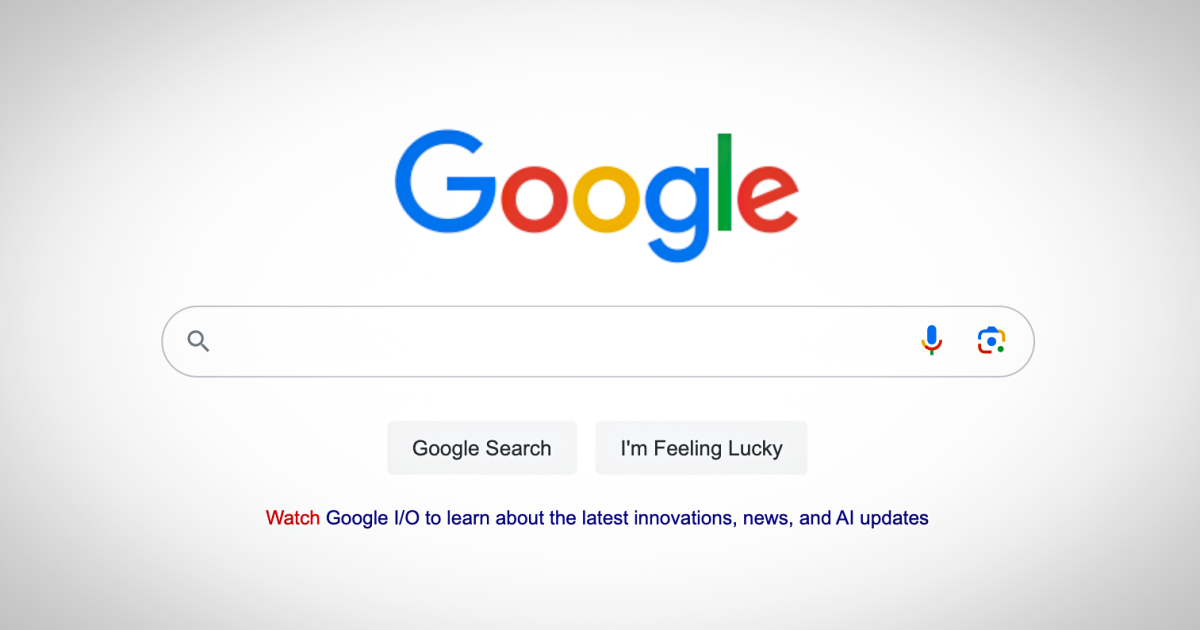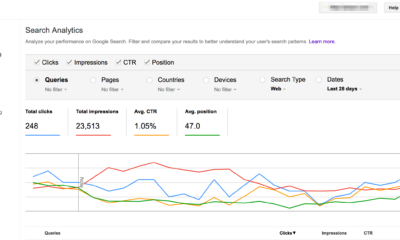News
Google acknowledges user engagement impacts search ranking: Report

In a recent video posted to Google’s Search Central YouTube channel, Google’s Martin Splitt revealed that user engagement plays a significant role in whether pages continue to appear in search results. According to Splitt, if pages are not attracting clicks or interaction from users, Google may choose to remove them from its search rankings.
The statement came in a YouTube short where Splitt discussed why some pages might be indexed but not show up in search results. He explained that when Google ranks a page and later notices a lack of user engagement, the search engine may decide that the page no longer merits inclusion in search results.
“If pages fall off the index again… users don’t really use them in search results,” Splitt said. “That means that we thought they might be good but we found that users don’t really use them in search results. So we thought like, yeah, okay, we gave it a chance but, ehh, you know others are doing better here.”
Splitt highlighted that a variety of factors could contribute to pages not being displayed in search results. One reason could be that the search query itself is rare or unusual, leading to limited searches. Alternatively, if Google determines that other pages provide a better user experience or more relevant information, it may prioritize those over others, even if the latter are indexed.
The confirmation of this behavior by Google underscores the growing importance of user interaction and content relevance in SEO strategies. Previously, the idea of user engagement affecting search rankings was discussed in forums and unofficial spaces. However, Splitt’s statements bring official clarity on the issue, offering website owners and content creators direct insight into how Google evaluates their pages based on user behavior.
The video’s content also touched on the concept of “Navboost,” a term used to describe the algorithmic advantage given to pages that users are likely to click on, further confirming the role user engagement plays in search rankings.
As user experience continues to be a key priority for Google, it’s clear that engagement metrics will increasingly shape how content is ranked in the search engine’s results.
-

 Domains6 years ago
Domains6 years ago8 best domain flipping platforms
-

 Business6 years ago
Business6 years ago8 Best Digital Marketing Books to Read in 2020
-

 How To's6 years ago
How To's6 years agoHow to register for Amazon Affiliate program
-

 How To's6 years ago
How To's6 years agoHow to submit your website’s sitemap to Google Search Console
-

 Domains5 years ago
Domains5 years agoNew 18 end user domain name sales have taken place
-

 Business6 years ago
Business6 years agoBest Work From Home Business Ideas
-

 How To's6 years ago
How To's6 years ago3 Best Strategies to Increase Your Profits With Google Ads
-

 Domains5 years ago
Domains5 years agoCrypto companies continue their venture to buy domains








